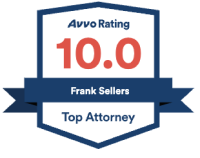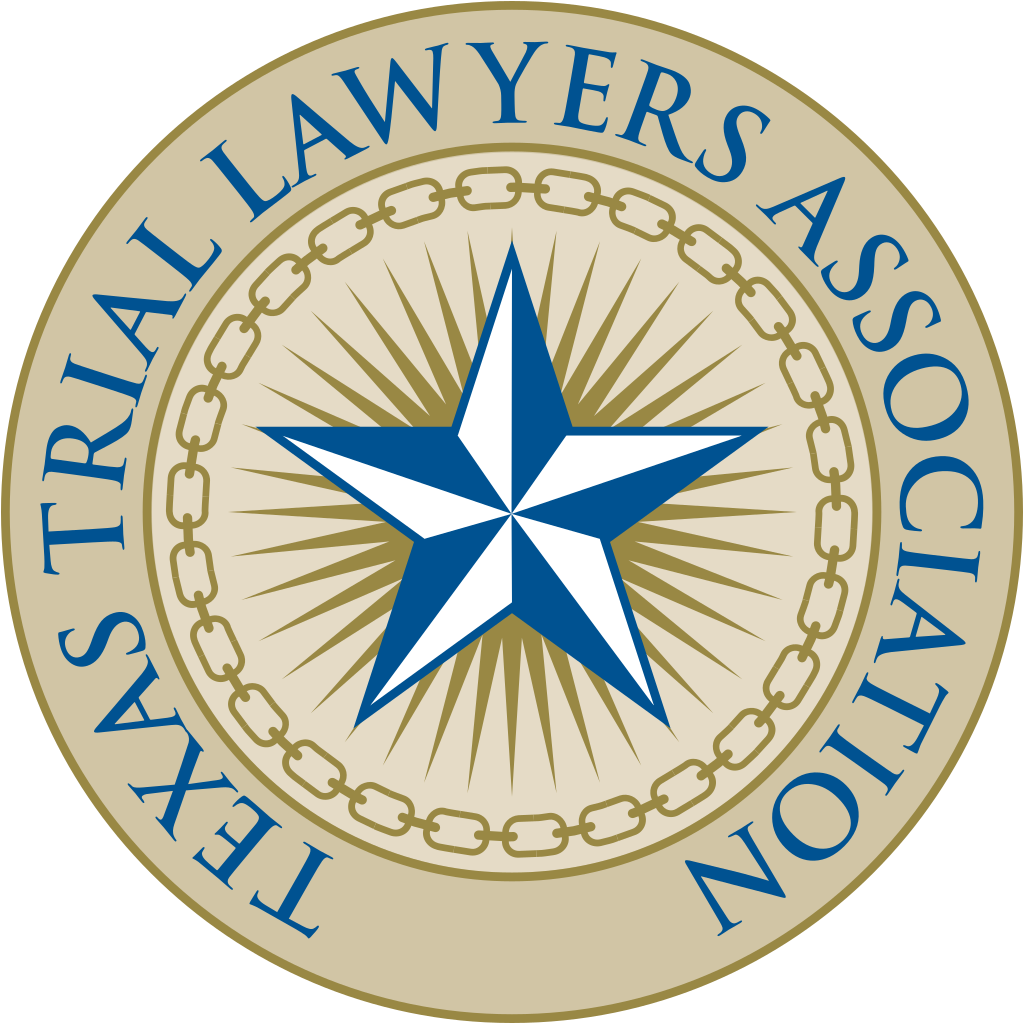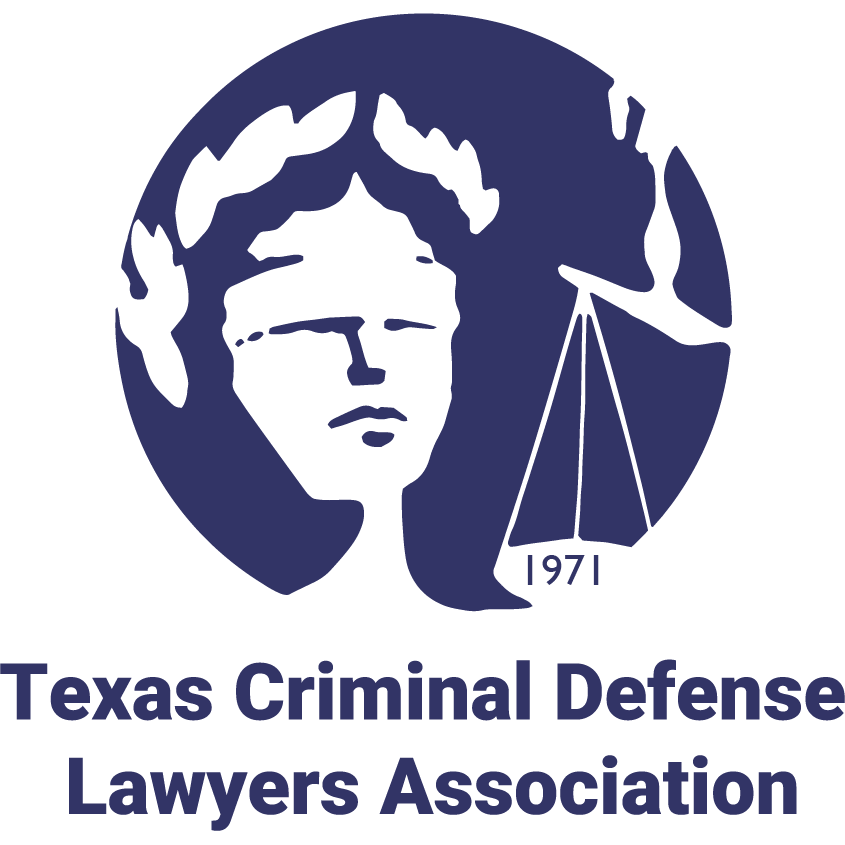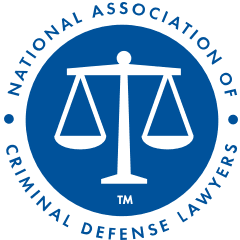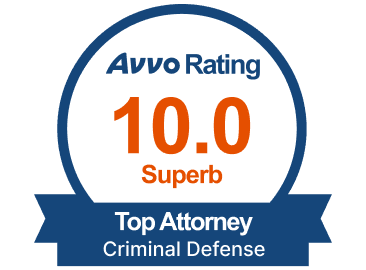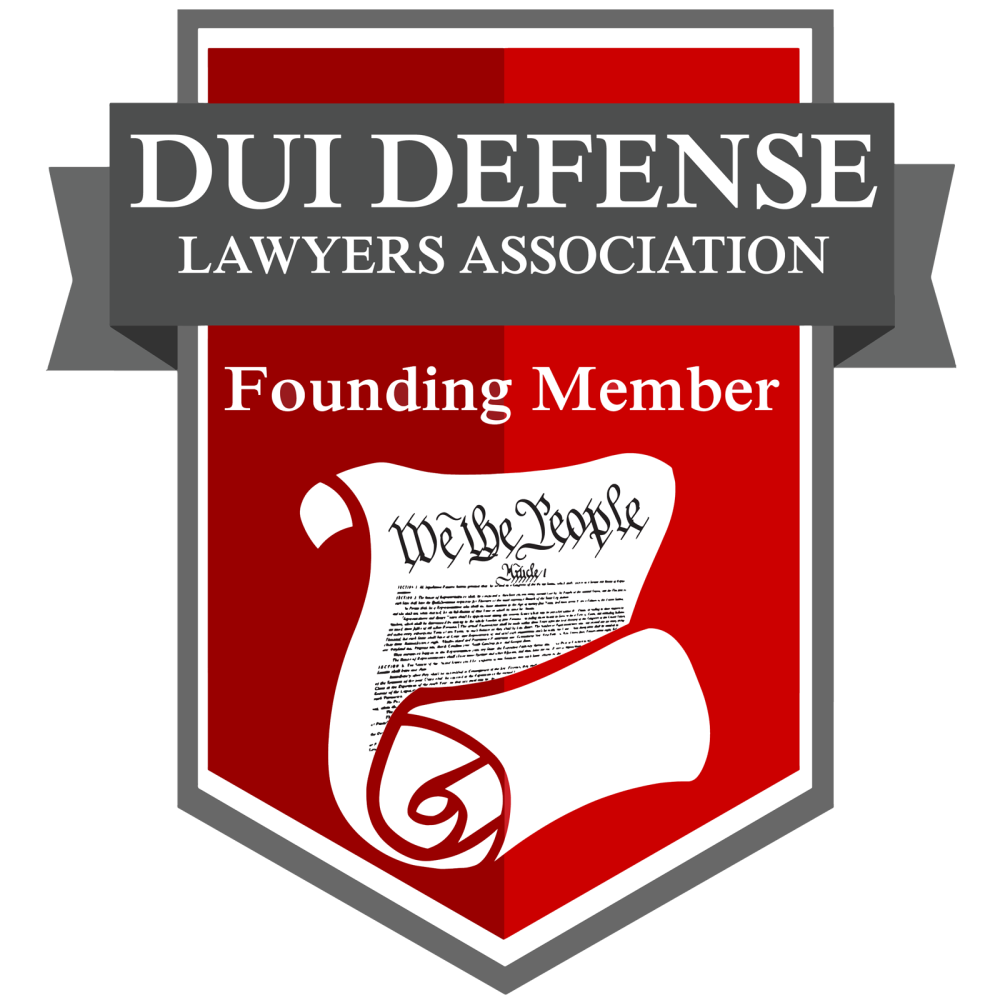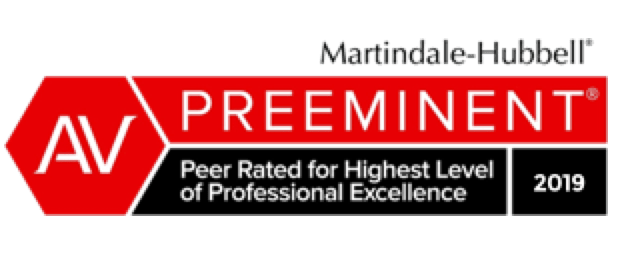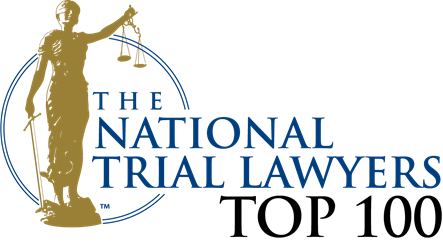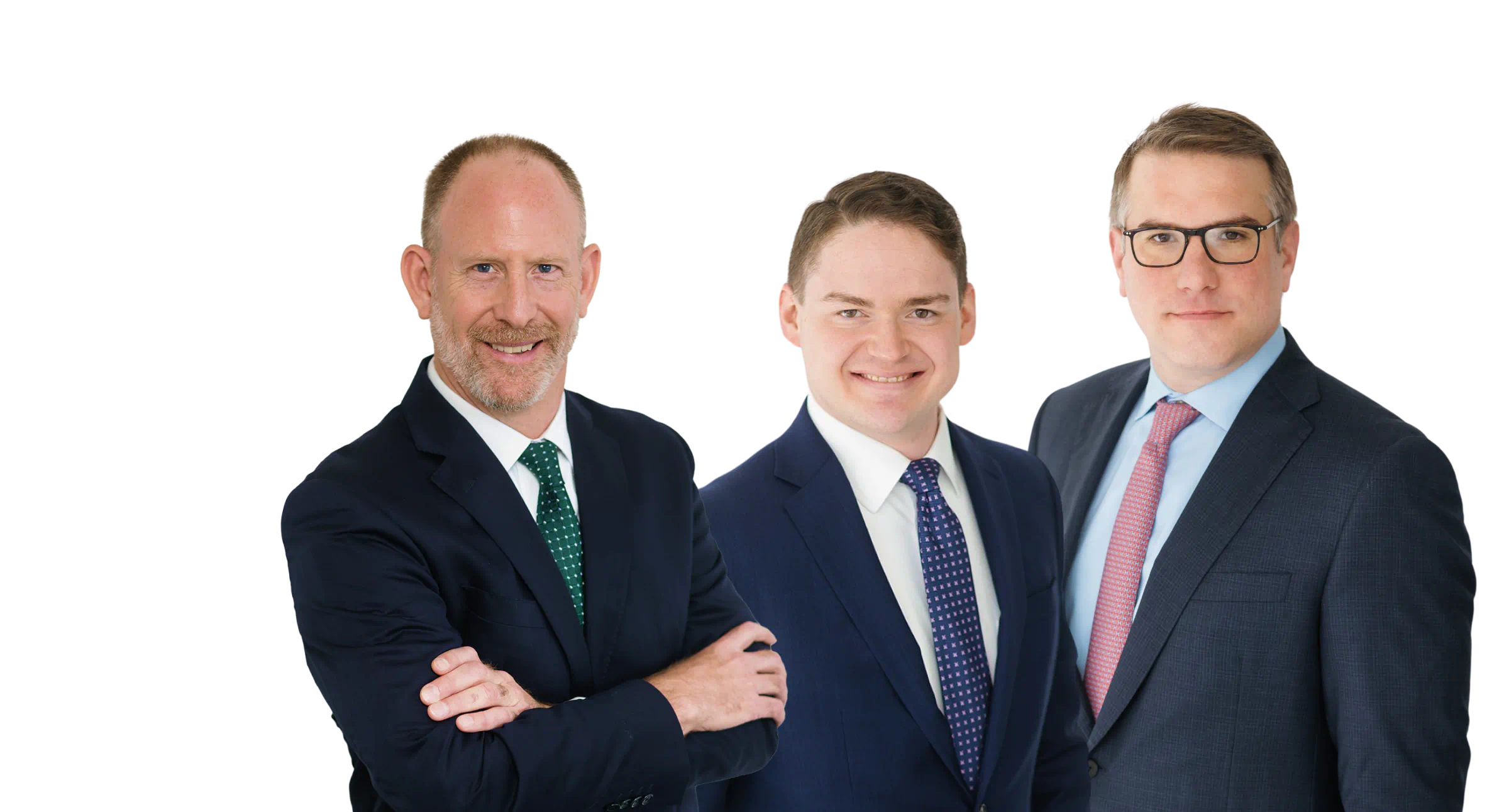Experienced Attorney for Anti-Kickback Statute and Stark Law
If you or your practice have been accused of violating the Stark Law or Anti-Kickback Statute, you need an experienced and aggressive Stark and Anti-Kickback attorney in the Dallas/Fort Worth area to defend your practice and your livelihood.
Although Texas does not have its own Texas Anti-Kickback Statute or Stark Law, medical providers in Texas are held to the federal regulations just the same, and charges can come with big repercussions such as exclusion from Medicare and Medicaid programs, civil monetary penalties, and possible jail time.
However you got here, whether a healthcare whistleblower or an ex-patient accused you of violating these strict federal laws, you need to make sure that you and your practice are protected.
If you need a white collar criminal lawyer in Dallas — specifically one that knows how to navigate the complexity of federal law and the healthcare system — call Sellers Law Firm at (817) 928-4222 today.
Stark Law
Does Texas have a Stark Law? In Texas, there are various laws and regulations that govern physician self-referral and kickbacks in the state. These laws and regulations make it illegal for any physician to refer a Medicare or Medicaid patient to any organization, business, or entity with which the physician or their family has a financial relationship.
According to 42 U.S.C. § 1395, Stark Law, once known as the Patient Referrals Act, prohibits referrals specifically for the furnishing of certain “designated health services,” which include:
- Clinical laboratory services
- Physical therapy services
- Occupational therapy services
- Radiology services, including magnetic resonance imaging, computerized axial tomography scans, and ultrasound services
- Radiation therapy services and supplies
- Durable medical equipment and supplies
- Parenteral and enteral nutrients, equipment, and supplies
- Prosthetics, orthotics, and prosthetic devices and supplies
- Home health services
- Outpatient prescription drugs
- Inpatient and outpatient hospital services
- Outpatient speech-language pathology services
The Stark Law, unlike the Anti-Kickback Law, is not interested in intent. This means that providers can violate the Stark Law accidentally, and incur severe civil penalties as a result. Penalties for violation of the Stark Law are steep and can include:
- Overpayment or refund obligations
- Liability according to the False Claims Act
- Exclusion from Medicare and Medicaid reimbursement
- Civil assessment of remuneration in the amount of up to three times the amount of the claim
- Civil monetary penalties and/or program exclusion (for knowing violations)
Anti-Kickback Statute (AKS)
Does Texas have an Anti-Kickback Statute and what does anti-kickback mean? Texans accused of illegal Kickbacks are typically prosecuted under federal statute 42 U.S.C. § 1320, which prohibits the exchange of anything of value in order to induce referrals for healthcare services that are reimbursable by state or federal healthcare programs.
A kickback is a term used for payment made to someone for facilitating a transaction, usually an illicit one. The statute is designed to protect patients and taxpayers from fraud and abuse in the healthcare system.
According to 42 U.S.C. § 1320, it is illegal for any medical provider or medical entity to willingly or knowingly give or receive money, goods, or services in exchange for patient referrals or the purchase of other goods or services.
What is an example of the Anti-Kickback Statute? Some common ways in which providers and entities violate the AKS Law include:
- Accepting free items, cash, or gifts in exchange for use or sale of a specific product
- Accepting payment for travel or expenses during conference visits
- Receiving a performance bonus for the number of elective procedures booked or services performed
- Accepting consulting fees for services that require very little from a provider
- Use of discounted or free equipment, office space, or staff
Violation of the Anti-Kickback Statute is a felony charged at the federal level. Some of the possible penalties for a conviction include:
- Up to 5 years in prison
- Up to $25,000 in fines, and up to $50,000 in civil fines
- Civil monetary penalties and program exclusion
- Civil assessment of remuneration in the amount of up to three times the amount of the kickback itself
- Loss of medical license
Of the many types of healthcare fraud, Anti-Kickback violations can be amongst the most damaging. The combination of civil and criminal punishments and the shockwaves they can send through reputations can be too much to bear for even the most respected institutions. Your only chance of freedom is to not be convicted, and to do that, you’ll need a very good lawyer.
Differences between the Anti-Kickback Statute vs. Stark Law
There are a few key differences between the two laws. While both are violated by financial gain through transactions with other entities, the Stark Law is only concerned with Medicaid and Medicare regulations, while Anti-Kickback Laws apply to all healthcare programs that are funded by the government.
The highest possible penalties for violating the Stark Law include civil penalties and False Claims Act liability while violating the Anti-Kickback Law can end in prison time in addition to those civil fines. The other main distinction between the two is that the Anti-Kickback Statute takes into account intent, whereas the Stark Law can be violated unwittingly.
How a medical fraud defense lawyer can help
Payments, referrals, and other actions that the government will not prosecute are called “safe harbors.” In order for safe harbors to be considered non-corrupt behavior, they must be in a contract signed by both parties, of a length of at least one year, and contain provisions for at least fair market value. Possible exceptions under the Stark Law include:
- Referrals to physicians within the same medical group
- Certain lease agreements
- Referrals within prepaid health plans
- Transactions for ancillary in-office services
- Personal service agreements and bona fide employee arrangements
Possible exceptions to the Anti-Kickback Laws include:
- Compensation for legitimate employees
- Managed services contracts
- Personal services
- Space and equipment leases
- Complimentary transportation
- Joint ventures
There are many more safe harbors that could exist based on the specifics of your businesses and contracts but to take advantage of them you will still need to go over your agreements with an experienced attorney.
A medical fraud defense lawyer at a top healthcare fraud law firm can:
- Instruct you on how to gather the correct evidence to disprove false claims
- Prove lack of intent to commit fraud
- Establish exemptions and provide safe harbors
- Identify potential conflicts of interest
- Conduct risk assessments to maintain organizational compliance
Accused of medical fraud? Call the Stark and Anti-Kickback Law attorneys at Sellers Law Firm.
If you or your practice has been accused of taking kickbacks, call the Stark and Anti-Kickback attorneys at Sellers Law Firm today to defend your name and practice, to ensure that you keep your medical license, and to keep your livelihood intact. These laws are put in place to prevent large, organizational corruption, not to dismantle the lives of medical professionals.
The criminal defense lawyers at Sellers Law Firm thrive in complex, high-stakes cases. Defend your life by calling Sellers Law Firm at (817) 928-4222 or contacting us online for a free consultation today.
Why Choose Sellers Law Firm?
- Trial-tested experience
- Free initial case consultation
- In-house investigation services
- Agile, dedicated team
- Award Winning Law Firm
Get Help Now
You only get one shot at this.
Call or message us today.
817-928-4222 Schedule Consultation

